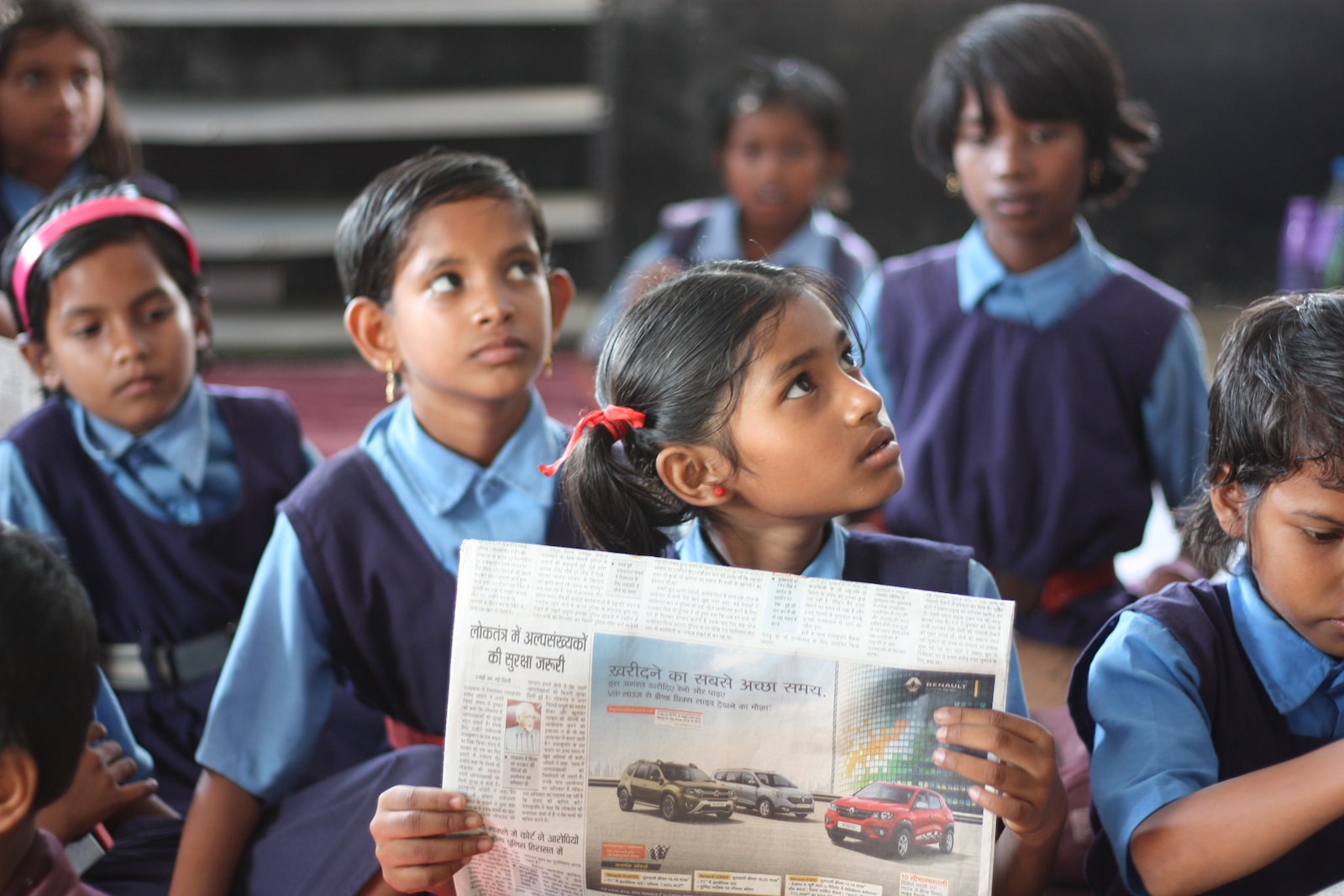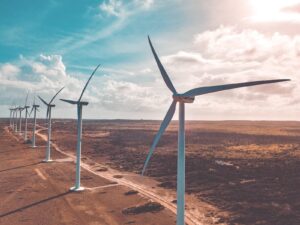Education is the cornerstone of sustainable development, equipping the youth with the knowledge and values to address global challenges. Dive into the significance of integrating sustainability into the educational curriculum.
The Essence of Sustainable Development in Modern Times
In the contemporary world, sustainable development is gaining paramount importance. It’s a concept that emphasizes meeting the needs of the present without jeopardizing the prospects of future generations. As global challenges like climate change, resource scarcity, and environmental degradation intensify, it becomes imperative to educate the younger generation about sustainability. By doing so, we empower them to be responsible global citizens, ready to forge a sustainable future.
The Multifaceted Benefits of Sustainability Education
When children are exposed to sustainable development concepts, they gain a profound understanding of the intricate global ecosystem. They grasp the interconnectedness of environmental, social, and economic factors and the repercussions of our actions. This holistic perspective enables them to make informed decisions, minimizing environmental harm and fostering responsibility. As the future custodians of our planet, instilling a sense of duty towards its preservation is crucial.
Sustainable Development: Beyond Environmental Responsibility
Education in sustainable development transcends mere environmental awareness. It encompasses social equity, economic prosperity, and environmental conservation. Through lessons on empathy, inclusivity, and social responsibility, children comprehend the importance of fairness and justice in sculpting sustainable societies. They also realize that achieving sustainable development is a collective effort, necessitating collaboration, cultural respect, and diverse perspectives.
Preparing Youth for a Green Economy
As the world gravitates towards sustainability, there’s an escalating demand for professionals adept in sustainable development. Introducing children to these principles early on equips them with the requisite knowledge and skills for the burgeoning green economy. This not only enhances their career prospects in sectors like renewable energy, sustainable agriculture, and urban planning but also contributes to global betterment.
Cultivating Sustainable Lifestyles and Habits
Sustainability education isn’t restricted to theoretical knowledge. It encourages children to reflect on their consumption patterns, understand their ecological footprint, and recognize the resources sustaining their lifestyles. They become acquainted with sustainable alternatives, from organic foods to responsible waste management. Such early exposure lays the foundation for a generation that prioritizes conscious choices, leading to diminished environmental degradation and heightened overall well-being.
Resilience, Adaptability, and Real-world Application
Children educated in sustainable development are better equipped to navigate the world’s rapid transformations. They understand the ramifications of environmental crises and develop resilience and adaptability to tackle them innovatively. This education extends beyond classroom confines, emphasizing hands-on experiences and real-world scenarios. Through field trips and community projects, children witness the tangible impacts of sustainable practices, fostering a deeper appreciation for nature and the urgency of sustainable actions.
Conclusion: Investing in a Sustainable Tomorrow
In essence, integrating sustainable development into the educational curriculum is an investment in a brighter, sustainable future. By endowing children with aligned knowledge, values, and skills, we nurture a generation poised to address contemporary challenges. These future leaders, be it as scientists, policymakers, or entrepreneurs, will champion a world where social, economic, and environmental prosperity coexists harmoniously. For a future that’s ecologically sound, socially equitable, and economically viable, it’s our collective responsibility to ensure children receive an education steeped in sustainable development principles.













